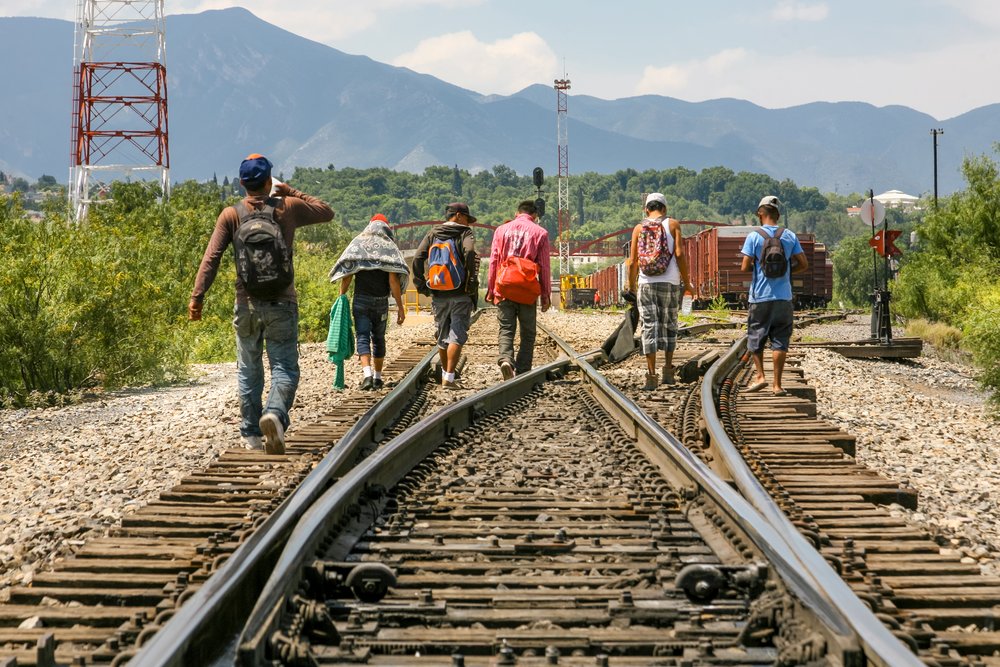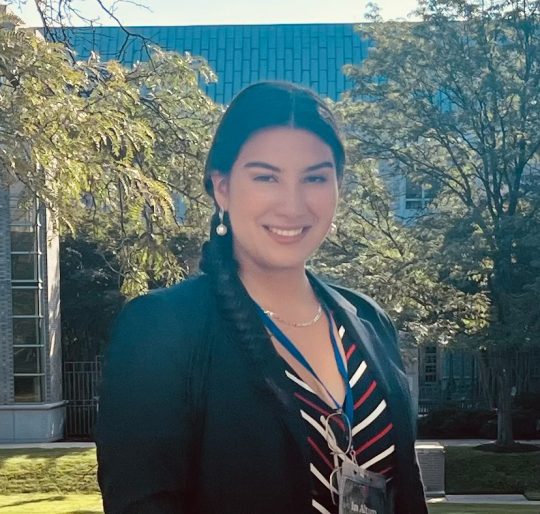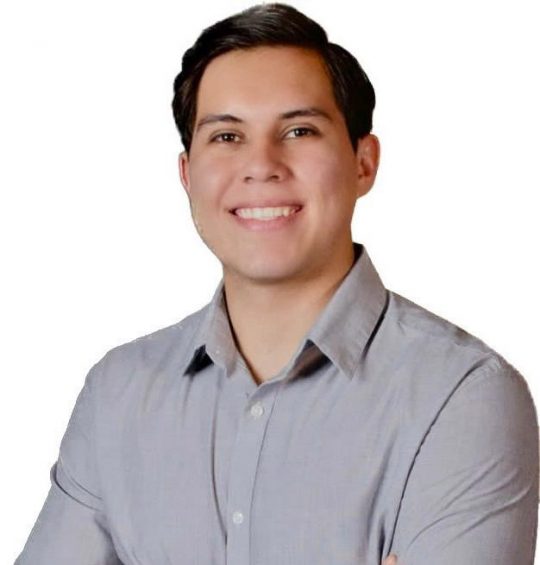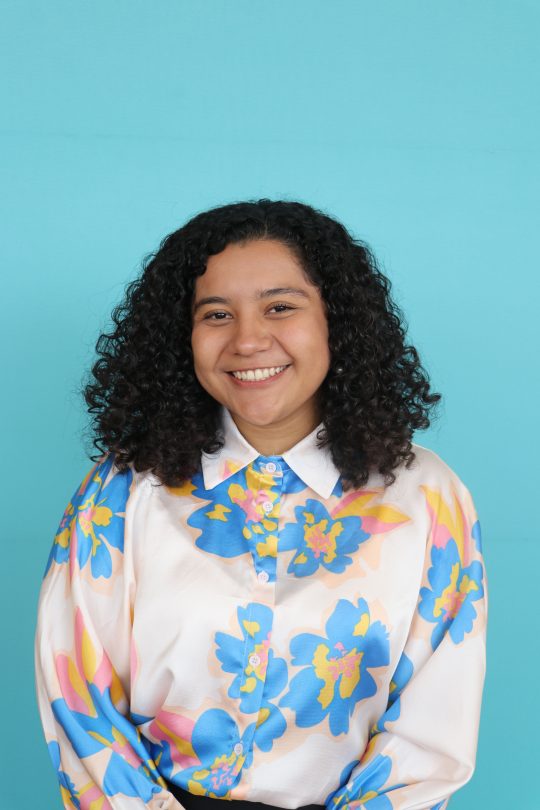
Mexico
Access to Decent Housing for Refugees in Jalisco, Mexico: Limitations of International Protection
- Status
- Completed Research
- Research Year
- 2023-24
Although stable, affordable, and decent housing is a right that all citizens and people seeking refuge in Mexico deserve, there are fractures in the government sector that prevent the efficient execution of the process to obtain housing for refugees. There is a clear distinction between the strategies outlined for administrative procedures to be legally recognized as a refugee, and the support and effective defence provided by the laws regarding the challenges and obstacles refugees may face while seeking suitable housing in Mexico. The private and public sectors are not doing enough to guarantee decent housing for refugees. Likewise, when it comes to defining what the right to housing in Mexico means, there is confusion about who the responsible authorities are and what the international protection of a refugee in Mexico means.
We examine refugees’ access to housing by analyzing procedures, the Housing Law and the Law on Refugees, Complementary Protection, Political Asylum and International Treaties, as well as investigating the realities that refugees experience compared to what we’re told the government is doing.
Researchers
Mentors
-

Tecnológico de Monterrey
Javier Contreras Arreaga
Professor, School of Government and Public Transformation, Tecnológico de Monterrey





